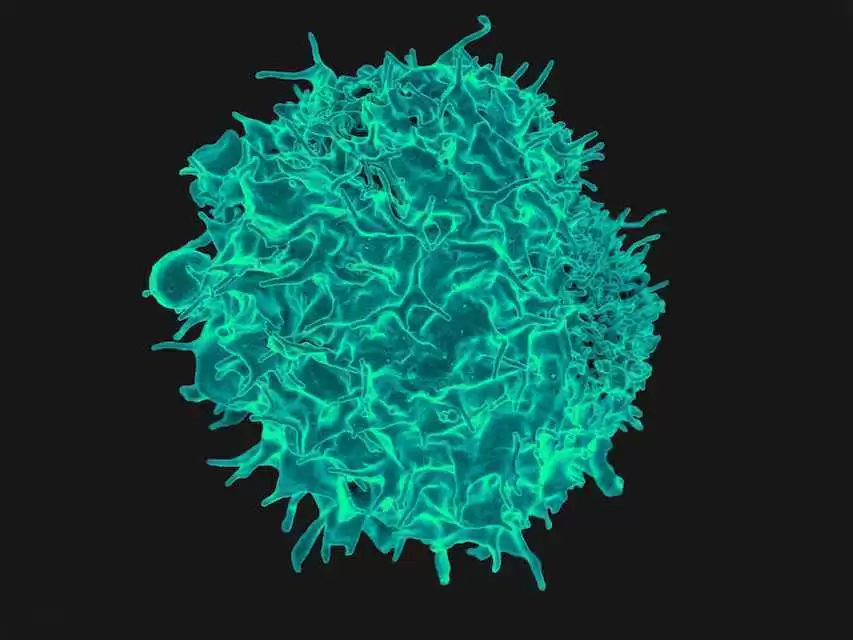
Celiac.com 11/22/2021 - B cells have important antibody-independent functions and are now recognized as key players in autoimmune diseases traditionally thought to be T cell-mediated. However, researchers still don't have a good understanding of the role of B cells as antigen-presenting cells.
By studying the autoantibody response against the enzyme transglutaminase 2 in celiac disease, a research team set out to gain insight into the mechanisms controlling initiation of a T cell-mediated autoimmune condition.
Celiac.com Sponsor (A12):
The research team included Rasmus Iversen, Bishnudeo Roy, Jorunn Stamnaes, Lene S. Høydahl, Kathrin Hnida, Ralf S. Neumann, Ilma R. Korponay-Szabó, Knut E. A. Lundin, and Ludvig M. Sollid. They are variously affiliated with the KG Jebsen Coeliac Disease Research Centre, University of Oslo, NO-0372 Oslo, Norway; the Department of Immunology, Oslo University Hospital, NO-0372 Oslo, Norway; the Celiac Disease Center, Heim Pál National Pediatric Institute, HU-1089 Budapest, Hungary; and the Department of Gastroenterology, Oslo University Hospital, NO-0372 Oslo, Norway.
Their team found that production of antibodies against the preferred epitope matched the clinical onset of disease, indicating that B cells of this type can be main antigen-presenting cells for pathogenic gluten-specific T cells. Specifically, TG2-specific plasma cells in celiac disease mainly target epitopes in the N-terminal region of the antigen. This epitope preference mirrors presentation of deamidated gluten peptides to T cells by B cells binding enzymatically active TG2.
Specific targeting of N-terminal TG2 epitopes was associated with clinical onset of celiac disease, suggesting that efficient collaboration between TG2-specific B cells and gluten-specific T cells is a prerequisite for disease development.
By elucidating the autoantibody response against the enzyme transglutaminase 2 in celiac disease, the team has shown that B cells targeting particular epitopes are triggered deliberately, and that this epitope bias reflects efficient presentation of gluten antigen to T cells.
The study offers a glimpse into the mechanisms driving the onset of T cell-mediated autoimmune conditions, and the findings of this study may lead to future targets for celiac disease treatments.
Read more in PNAS July 23, 2019 116 (30) 15134-15139; first published July 8, 2019.










Recommended Comments
There are no comments to display.
Create an account or sign in to comment
You need to be a member in order to leave a comment
Create an account
Sign up for a new account in our community. It's easy!
Register a new accountSign in
Already have an account? Sign in here.
Sign In Now